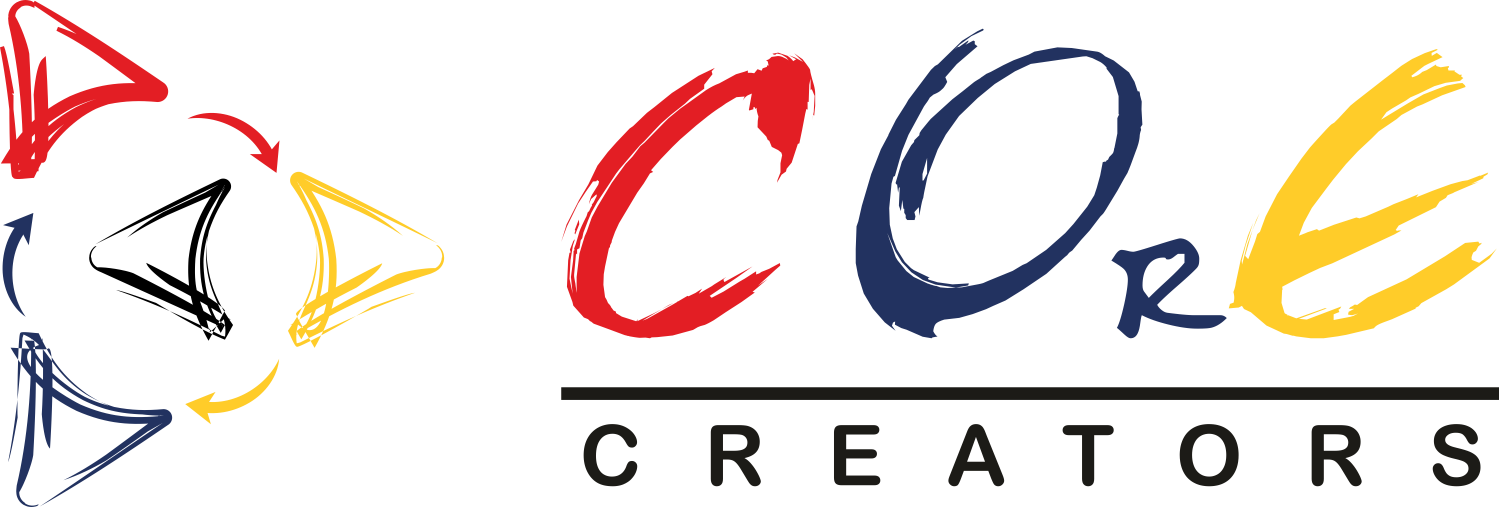The top 5 disruptors are changing business models, the way society behaves and the organizations’ way of working and hence, can’t be ignored.
The world today is changing dramatically as most organizations encounter various types of disruption. These disruptions enable or hinder value creation for an organization. Leaders who bring the ability to a) discern the type and degree of disruption, b) make strategic choices in the face of that disruption, and c) execute with speed, will be able to steer their organizations successfully through such disruptions.
Technology continues to advance with AI making machines smarter, and data analytics enabling deep insights and incisive decision making. The internet and social media have led to global interconnectivity and a boundaryless-ness to markets and ideas. The workplace is multi-generational, multi-gender, multi-cultural, dispersed and virtual, and now includes robots too! In brief, the types of disruptors and their impacts are as follows:
1. Proliferation of technologies – Technology has disrupted traditional business models. Today, you have the likes of Amazon, Uber, etc. who do not have any “traditional assets” but have been able to build hi-value businesses. Those who have been disrupted struggle to retain their relevance and those who have disrupted grapple with the challenge of sustaining the value they have created.
This proliferation of technologies has not only disrupted traditional business models but also significantly changed the way of working. This has changed at an accelerated pace in the recent pandemic with digital transformation of businesses, the Internet of Things, Cloud computing and use of collaboration platforms and remote communication technologies. The speed of business is faster than ever before with 24×7 access to people and information as work can happen anytime, anywhere and on any device.
2. Global inter-connectivity – Globalization, enabled by technology, has made the world boundary-less and provided access to markets, resources, talent and ideas. This has also enhanced competition making retention of talent, resources, consumers and markets challenging.
3. Explosion of social media – Social media is changing the attitudes and behaviors of people and organizations are no longer immune. The amount of information that is publicly available today is compelling organizations to become more transparent internally and externally. With things going “viral” quickly, social media has the potential of resulting in a positive or negative impact quickly, and with significant consequences to the reputation of the organization.
4. Data analytics – Data science and analytics is converting vast information into deep insights enabling targeted information being shared with people for action and decision making. In addition, data analytics is significantly informing the identification of more efficient ways of doing business thereby reducing costs and the analysis of customer trends and satisfaction levels resulting in changes to an organisation’s portfolio of products and services.
5. Demographic Diversity – Most workplaces today are multi-generational with 3-4 generations working in the organization. Technology has enabled access to talent with organizations adopting multiple employment models such as flexi-working, remote working, project-based working and outsourcing in addition to the traditional full-time employment model. The covid-19 pandemic has accelerated the pace of the adoption of the different employment models by all types of organizations. While these models provide access to expertise and talent, the rapid changes in the business environment demands continuous fast paced capability building for future relevance.
These disruptors impact every entity focused on value creation be it large companies, SME’s, Startups or Non-Profits. Clearly, ignoring theses disruptors is not a choice. Leveraging them, on the other hand, can contribute new value for a business or organization. To be able to navigate the impact of these disruptors successfully, organizations and its leaders need to:
- Become more agile in order to respond faster to changing business dynamics, thereby sustaining the value created
- Align and collaborate more effectively to respond in a focused manner
- Learn how to deploy technology in their business and enhance the focus on systems and processes
- Build ownership and engage talent across different employment models
- Foster good governance to ensure great reputation with various stakeholders
